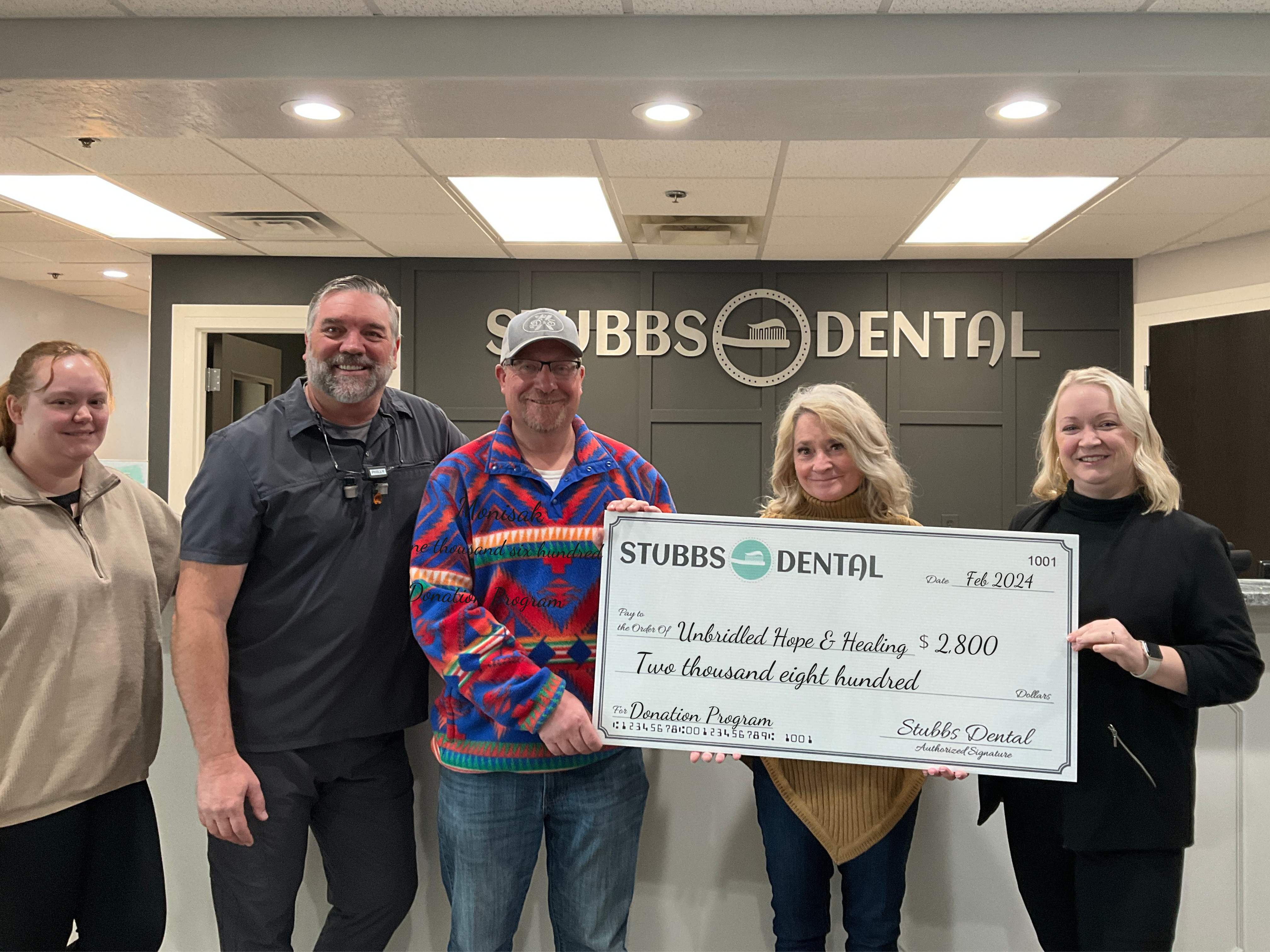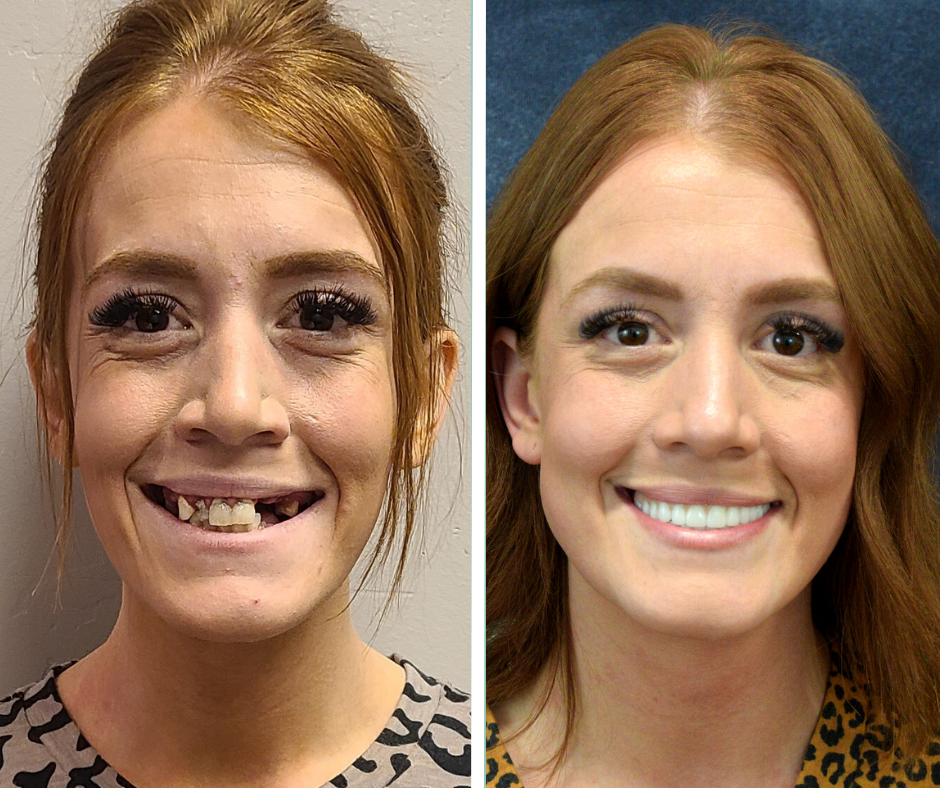LEARN ABOUT DENTAL IMPLANTS
Stubbs Dental Implant Center Blog
Recent Articles
- Stubbs Dental Implant Center
- April 9, 2024
As the leading dental implant center in the state of Utah, Stubbs Dental Implant Center is proud to announce that it...
- Stubbs Dental Implant Center
- March 28, 2024
At Stubbs Dental, our commitment to giving back to the community extends beyond providing exceptional dental care. Each...
- Stubbs Dental Implant Center
- March 4, 2024
In the spirit of giving back to the community, Stubbs Dental is thrilled to announce a recent donation of $2,800 to...
- Stubbs Dental Implant Center
- February 6, 2024
Welcome to a revolutionary era in dental implantology at Stubbs Dental! We're excited to introduce our groundbreaking...
- Stubbs Dental Implant Center
- February 1, 2024
At Stubbs Dental, we believe in the power of giving back and making a meaningful impact in the lives of those in need....
- Stubbs Dental Implant Center
- December 21, 2023
At Stubbs Dental, our commitment to caring for the community goes beyond dental care. We believe in making a positive...
- Stubbs Dental Implant Center
- December 6, 2023
When the day has come and you're finally in your beautiful new All-on-X dental implants it may seem like you'll never...
- Stubbs Dental Implant Center
- November 29, 2023
At Stubbs Dental Implant Center, we believe that dentistry goes beyond creating beautiful smiles; it's about...
- Stubbs Dental Implant Center
- November 28, 2023
Asdental implants have become more and more popular sinus lifts have also increased in popularity. But what is a sinus...







